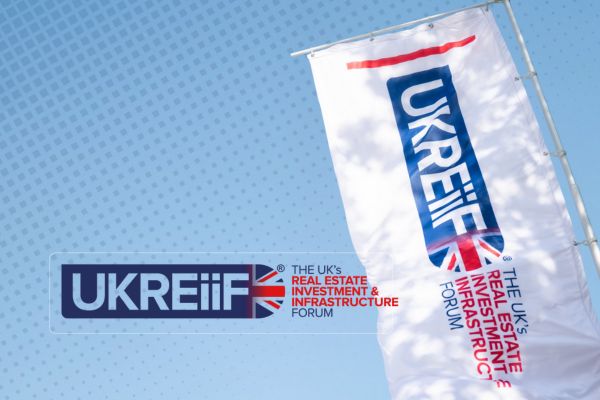UKREIIF 2025: Top Highlights
UKREIIF 2025 brought together industry experts to explore the changing face of residential property management. And in ‘Modern Block Management in the Face of Accelerated Change’, one message was clear.

The sector is evolving – fast.
From new legislation to smarter technology and shifting resident expectations, the landscape is being reshaped on multiple fronts. Here are the key takeaways that are set to define the future of block and estate management.
Leaseholder Reform is Gaining Real Momentum
The push for greater fairness and transparency for leaseholders is no longer theoretical – it’s happening.
The discussion centred on some of the key pressure points:
- Ground rents have come under renewed scrutiny. Especially in cases where they feel disproportionate or punitive.
- Service charge transparency remains a major concern – not just around how chargers are calculated, but how they’re communicated.
- Admin chargers, long criticised for being unclear and unregulated, are increasingly under the microscope with calls for capping or stricter regulation.
The panel emphasised the need for block managers to adapt not just to the legal changes – but to the expectations behind them.
Legislation is Catching Up – Fast
Recent and upcoming legislative changes are beginning to redraw the map of leasehold management:
- Ground Rent Act (2022) and the Leasehold and Freehold Reform Act (2024) signal a shift in both eligibility and empowerment – particularly around lease extension and the Right to Manage.
- The new Government has proposed bold steps: the abolition of leasehold for new houses and flats, the reinvigoration of commonhold, and even the removal of forfeiture as a tool of enforcement.
- A regulatory regime for property agents is also being proposed – something the sector has long needed.
This all points to a stronger regulatory framework, and a higher bar for professionalism and accountability.
Cost Recovery is Being Written
Property managers face a growing challenge: while expectations are rising, the ability to recover costs is becoming more limited.
With greater scrutiny over what can be charged, and how, managers will need deeper expertise, better documentation and more strategic planning.
The bottom line? Demonstrating value for money is now a must, not nice to have.
Technology is Reshaping the Role of the Property Manager
It’s not just the rules that are changing, it’s the tools.
We heard powerful insights on how technology is beginning to reshape estate management operations:
- AI-powered document checking is now achieving 90-95% accuracy on risk assessments, reducing human error and speeding up compliance.
- Automated maintenance and reporting are freeing up managers to focus on people, not paperwork.
- Smarter data systems are improving everything from lease enforcement to tenant communications.
Far from replacing property managers, this tech is enhancing their role, allowing them to provide more responsive, people-first service.
People Still Matter More Than Ever
One standout takeaway? The human element isn’t going anywhere.
Tech can streamline processes, but it’s the people on the ground, the property managers, estate teams and support staff, who build trust, solve problems and manage relationships.
As the sector modernises, there’s a renewed focus on:
- Staff training and retention
- Freeing up time to engage directly with residents
- Supporting teams through constant change
Staff are happier, residents feel more heard, and the overall service improves.
Final Thoughts: Standards Are Rising – And So Are We
The message from the session was clear: expectations are higher. Transparency is essential. Value must be demonstrated. And technology isn’t optional – it’s a necessity.
At Glide, we welcome this direction of travel. We’re already investing in smarter systems, empowering our people and adapting our processes to deliver more transparency, better communication and stronger long-term value for leaseholders and clients alike.
The future of block management is brighter, sharper and more accountable – and we’re ready for it.
